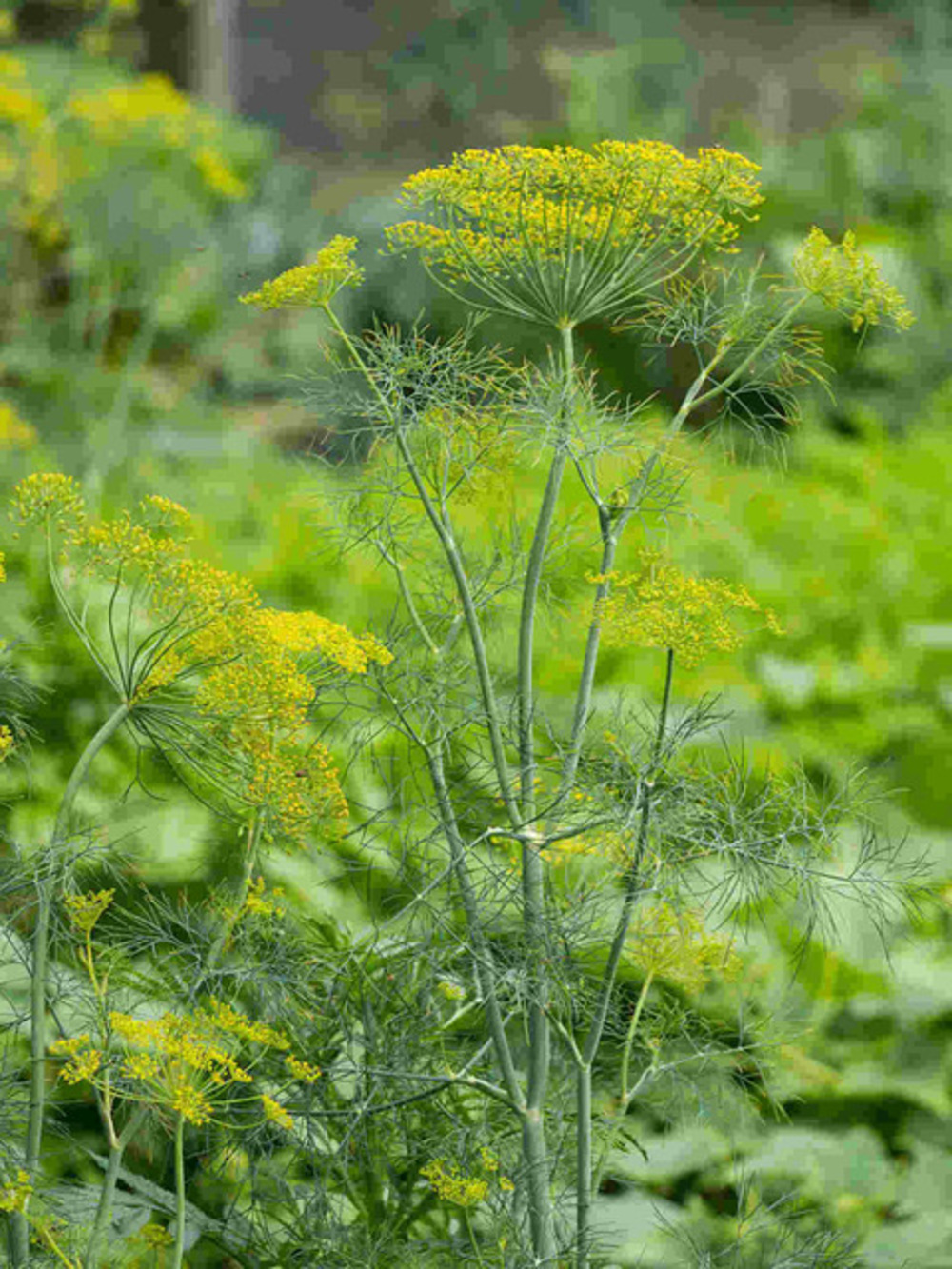Dill Seeds
Quantiy: 10 to 15 grams Dill (Anethum graveolens) is a flavorful herb commonly used in cooking and traditional medicine. It is known for its delicate, feathery leaves and distinct aroma. Dill is widely cultivated and utilized across various cuisines globally, particularly in Europe, the Middle East, and India.
23 in stock
Dill (Anethum graveolens) is a flavorful herb commonly used in cooking and traditional medicine. It is known for its delicate, feathery leaves and distinct aroma. Dill is widely cultivated and utilized across various cuisines globally, particularly in Europe, the Middle East, and India. Characteristics Appearance: Dill is an annual herb that grows up to 40-60 cm tall. It has slender, hollow stems and finely divided, delicate, feathery leaves that are light green in color.
Flowers: The plant produces small, yellow flowers arranged in umbels.
Seeds: Dill seeds are small, flat, and oval-shaped, with a light brown color and a distinctive aroma. Nutritional Benefits Vitamins and Minerals: Rich in vitamins A, C, and K, as well as folate and minerals such as iron, manganese, and calcium.
Antioxidants: Contains antioxidants like flavonoids, which help protect the body from oxidative stress. Fiber: Provides dietary fiber, which aids in digestion.
Growing Conditions Climate: Dill thrives in cool, temperate climates but can be grown in warm climates as well. It prefers temperatures between 15°C and 25°C.
Soil: Prefers well-drained, loamy soil with a pH between 5.5 and 7.0. It can tolerate poor soil conditions but grows best in fertile soil.
Water: Requires regular watering, especially during dry periods, but should not be waterlogged.
Propagation and Planting Seeds: Dill is propagated through seeds, which can be directly sown in the garden or started in seed trays.
Germination: Seeds typically germinate within 10-14 days under optimal conditions. Spacing: Space plants about 15-30 cm apart to allow sufficient room for growth and airflow.
Cultivation Practices Weeding: Regular weeding is essential to reduce competition for nutrients and water. Mulching: Apply organic mulch to retain soil moisture and suppress weeds.
Fertilization: Use a balanced fertilizer or compost to provide essential nutrients throughout the growing season.
Harvesting Leaves: Leaves can be harvested once the plant reaches a height of about 30 cm. Young, tender leaves are preferred for their flavor.
Seeds: Seeds are harvested when they turn brown and begin to fall off. Cut the seed heads and hang them upside down to dry in a cool, dry place. Culinary Uses Herb: Fresh dill leaves are used to flavor a variety of dishes, including salads, soups, sauces, and fish dishes. It is a key ingredient in dill pickles.
Seeds: Dill seeds are used as a spice in cooking and baking, adding a slightly bitter, aromatic flavor.
Garnish: Dill leaves are often used as a garnish for their fresh, bright taste and decorative appearance.
Health Benefits Digestive Health: Dill is known to aid digestion and relieve digestive issues such as bloating and gas
Anti-Inflammatory: Contains anti-inflammatory properties that help reduce inflammation and pain. Bone Health: Rich in calcium and vitamin K, which are essential for maintaining healthy bones.
Immune Support: High vitamin C content boosts the immune system and helps fight infections.
Medicinal Uses Traditional Medicine: Used in traditional medicine to treat digestive issues, insomnia, and respiratory problems.
Antimicrobial Properties: Known for its antimicrobial properties, which help fight bacterial infections. Summary Dill is a versatile and nutritious herb that is widely used in culinary and medicinal applications. It is easy to grow, requiring moderate watering and well-drained soil. Dill leaves and seeds are both valuable in cooking, offering a distinct flavor that enhances a variety of dishes. In addition to its culinary uses, dill provides numerous health benefits, including aiding digestion, reducing inflammation, and supporting bone health. Its role in traditional medicine further highlights its importance as a beneficial herb. With its ability to attract beneficial insects and improve soil health, dill is a valuable addition to any garden.
| Weight | 15 g |
|---|







Reviews
There are no reviews yet.